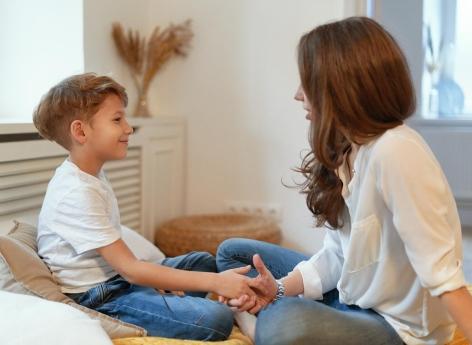On the occasion of National Caregivers Day, focus on those who help both their children and their parents on a daily basis.

- Carers who still have dependent children represent a third of the 2.1 million adults who help their father or mother aged 60 or over living at home in metropolitan France in 2015.
- In 2030, one working person in 4 will be a helper.
The Department of Research, Studies, Evaluation and Statistics (DREES) publishes a new study out of the 725,000 “pivot caregivers” who assume a support role in France with both one of their parents and their children.
Navigator caregivers, like other child caregivers, report that the help they provide to their parent has an impact on their health. “However, they less often report physical problems, such as body fatigue or back problems, but also less frequently anxiety, stress or overwork,” note public health experts.
Younger and better surrounded
This better preserved state of health is partly explained by demographic data. Pivotal caregivers are younger than other child caregivers. Half of them are under 47, while half of the other child carers are over 59. They logically help parents who are also younger and therefore less dependent. Half of the parents supported by pivot caregivers are under the age of 78, compared to 86 for those supported by other child caregivers.
Given their age, navigator carers are more often employed than other child carers, who are often already retired: 74%, compared to only 45%. Pivotal caregivers are less often alone to help their parents than other child caregivers (28% versus 34%). In particular, their help is more often associated with help from the spouse of this parent: in 23% of cases, compared to 17% for other child caregivers. They more often have brothers or sisters who also help their parent.
Lack of time
Among child caregivers without dependent children, one in three has reduced, on average, their leisure time, outings or vacations, one in four declares that they lack time for themselves or feel the feeling of making sacrifices and one in seven declares experiencing tensions with at least one member of his entourage. “The average situation of pivotal carers is similar”, comments the Drees. “However, those who have all their children in the parental home more often report not having enough time for them”, conclude the scientists.
.















